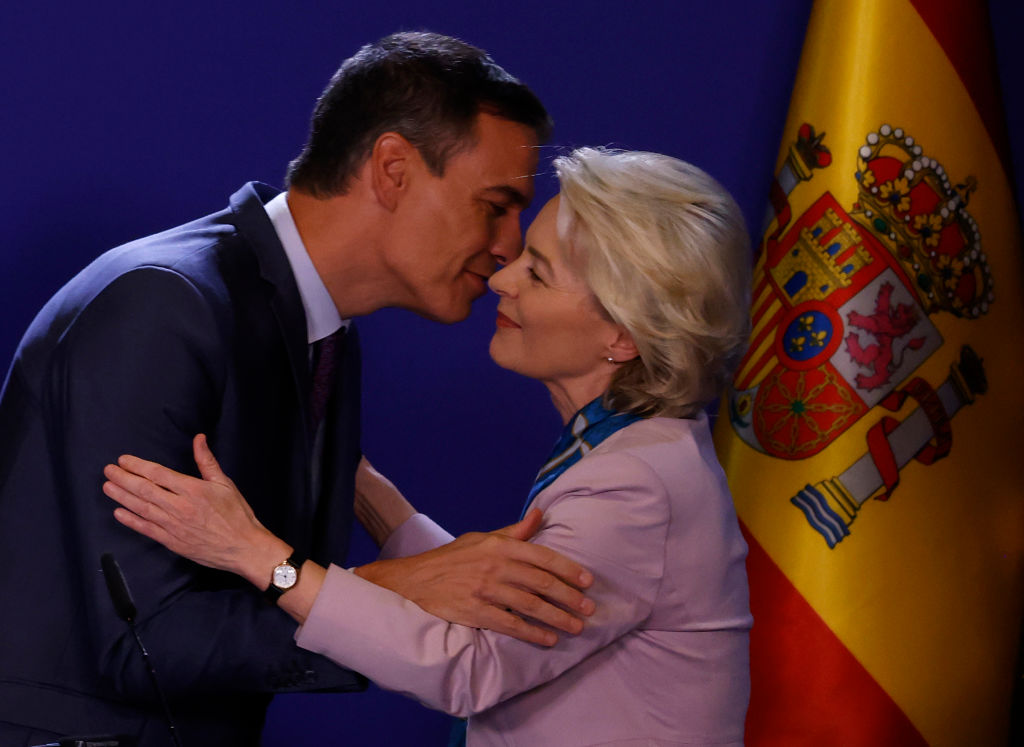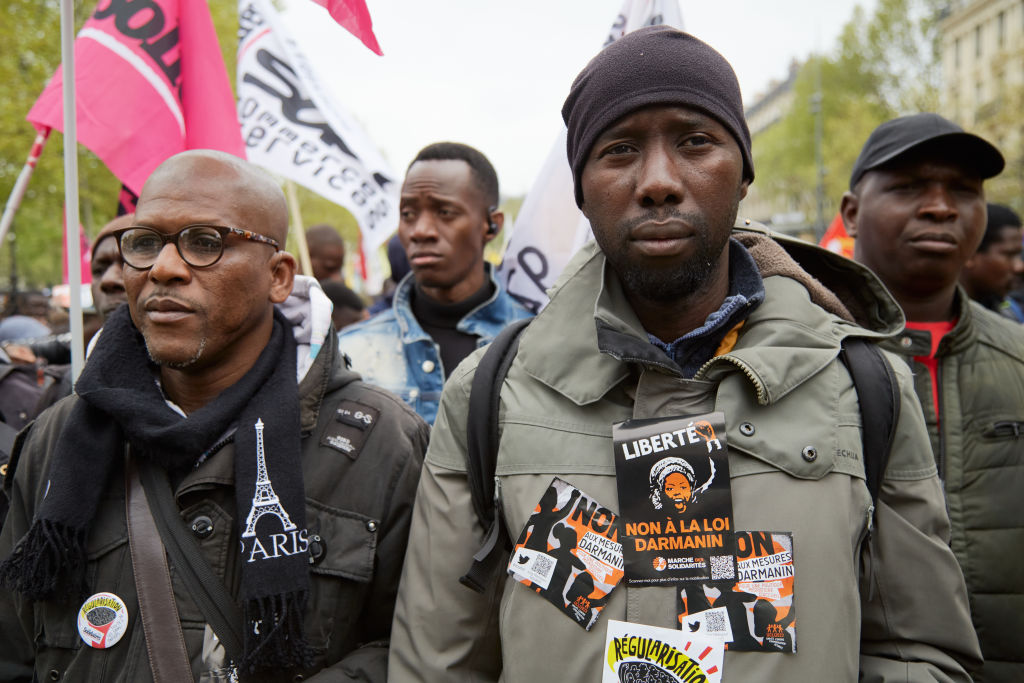While establishment parties are under pressure in many European countries, in Spain, the Socialist Workers’ Party (PSOE) is proving its resilience once again.
Since the absolute parliamentary majority obtained by Felipe González in 1982, the PSOE has become the hegemonic party of Spanish democracy.

The current PSOE Secretary General and Spanish Prime Minister, Pedro Sánchez, stated in a letter to Socialist militants on May 2 this year – the 145th anniversary of the party’s founding – that the PSOE was “the systemic party” in Spain.
El PSOE es el partido sistémico de la democracia y la Constitución española. Cuanto más fuerte es la democracia, más fuerte es el PSOE.
? Carta de nuestro secretario general y presidente del Gobierno, @sanchezcastejon, con motivo del 145 aniversario del partido. ?… pic.twitter.com/lgNdlfL00Q
— PSOE (@PSOE) May 2, 2024
“The PSOE is the systemic party of democracy and the Spanish Constitution. The stronger the democracy, the stronger the PSOE and the greater its transformative capacity,” he said.
“For that reason, our party’s main task is to contribute to the strengthening of our democracy. That is now the task of our generation,” he wrote in the open letter.
Questioning this notion, many believe, should be the People’s Party (PP), formerly Alianza Popular and heir to “sociological Francoism” – the Spanish right-wing unified around Christian identity, history and religion.
Both the PSOE and PP have gained strength in recent years despite the arrival of new parties on the scene.
The most widely reported was the Ciudadanos – Liberals – formed in 2006 in Catalonia to confront the separatist push there. In December 2017 it won 36 of the 135 seats in the Catalan Parliament.
The PP has meanwhile managed to re-absorb the most liberal sectors of the party, while the most progressive parts returned to the Socialist party.
Several other forces emerged to the Left of the PSOE, the most prominent being Podemos, with a hard-left stance based on old communist groups.

Podemos, led by Pablo Iglesias – he shares his name with the founder of the PSOE – gained significant power in the last Spanish legislature.
Despite that, a loss of political direction ended up damaging a group that now struggles to survive.
Irene Montero, Iglesias’ ex-partner, is an MEP candidate for the European Parliament elections in June.
She was Spain’s Minister of Equality until October last year and will be mostly remembered for helping to pass a law against sexual abuse that allowed more than 1,000 people convicted of sexual abuse or rape to have their sentences reduced by, in some cases, several years.
PSOE supported Sumar, the group that split from Podemos and is led by former Galician politician Yolanda Díaz.

Sánchez promoted Díaz in a bid to damage Podemos – and it worked. Yet today, although she is Minister of Labour and Vice-Prime Minister, she is regarded as having little relevance in regular political life.
PSOE has managed to eliminate and/or control again the entire left-wing spectrum. Meanwhile, although the PP managed to absorb Ciudadanos, it has not had the same luck with Vox.
Vox emerged in 2013 in a breakaway from the PP orchestrated by Santiago Abascal, a young man from Amurrio who suffered first-hand from the street terrorism perpetrated by ETA, the separatist Basque group.
The division occurred precisely because the PP had stopped confronting the separatists as it had done previously.
Spanish law gives separatists what some say is inordinate power over the rest of the country. That forces the national parties to work with them, enabling them to influence the government.
PSOE gained strength in Catalonia in the recent elections of May 12, securing 42 deputies, seven more than the 25 of the Junts+ party, whose leader is the former Catalan president – and exile – Carles Puigdemont.

Sánchez agreed an amnesty law with him in the second half of last year, which caused some outrage although it has not as yet triggered any noticeable political repercussions.
In the past year, PSOE has managed to recover some of the ground it lost to the PP after it won in several regional governments contests.
Meanwhile, several scandals have come to light. Sánchez’s Government could be hobbled by claims involving alleged influence peddling by his wife Begoña Gómez and several other party officials.

Sánchez’s PSOE is undoubtedly a master of political survival.





Britain’s Conservative Party is heading for a historic defeat – and it is gradually waking up to the fact that it will be the party’s own fault